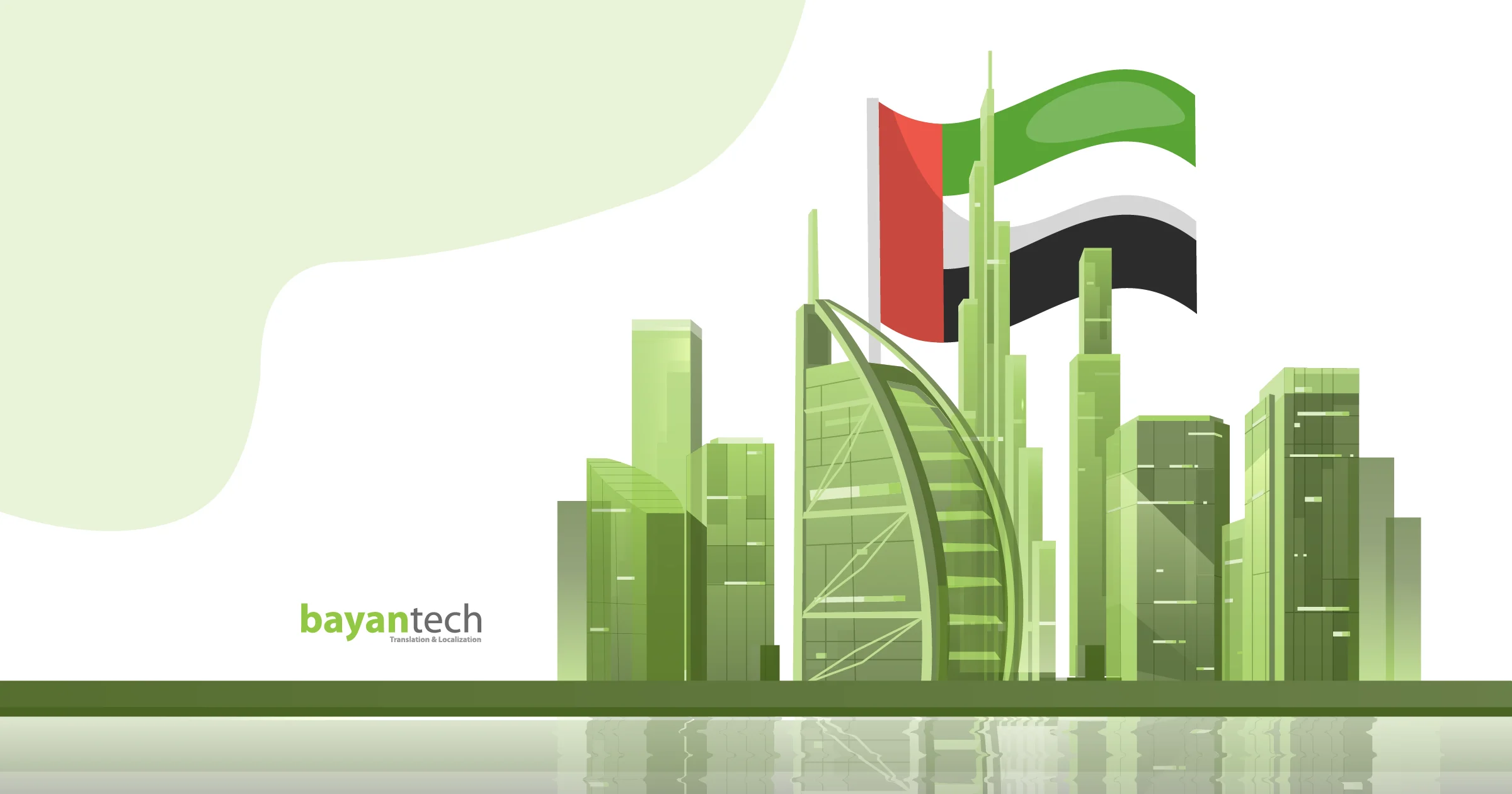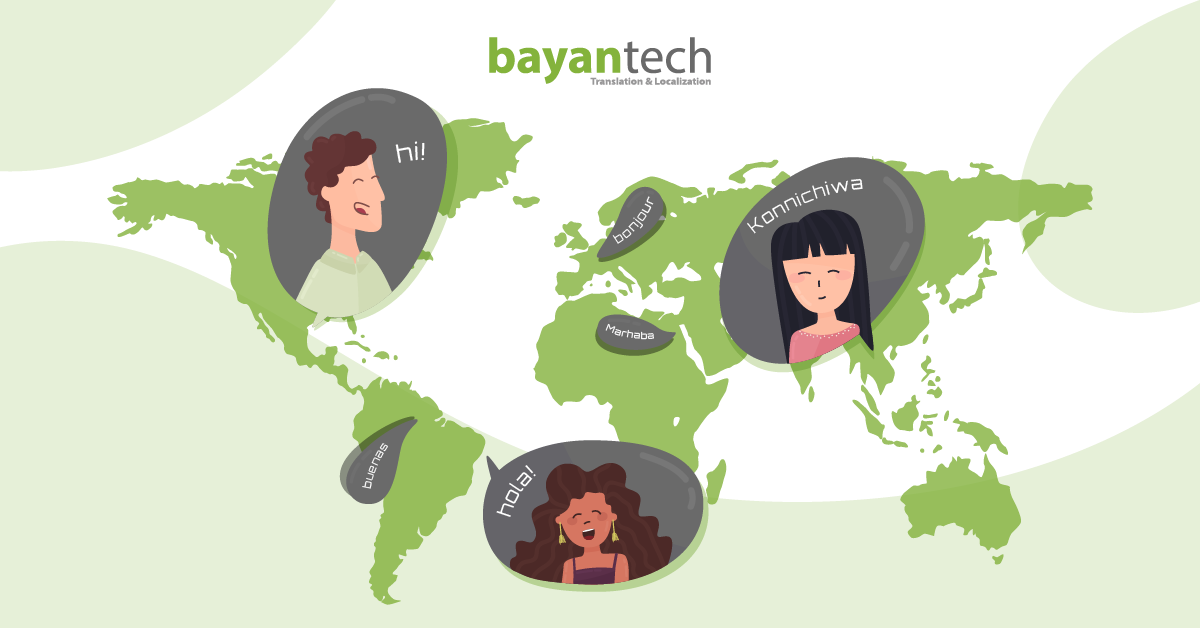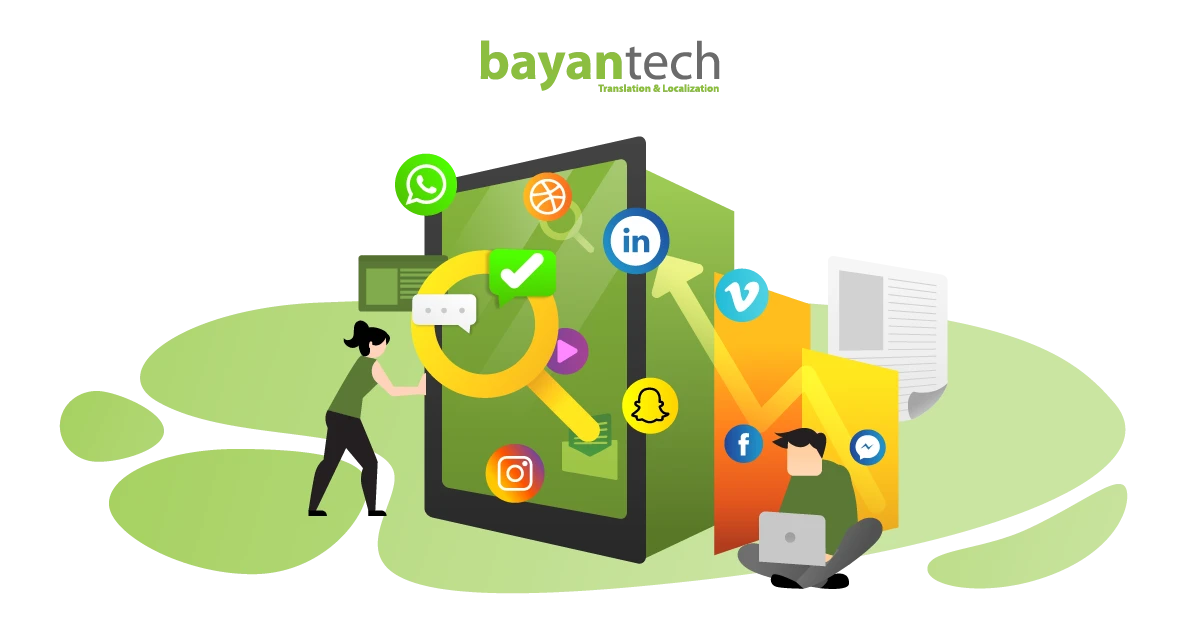All eyes are on Dubai now, with it being one of the most important business and entertainment hubs in the world.
As more businesses and entrepreneurs flock towards UAE’s capital city, more and more languages become in demand in its business market.
Read on to learn the languages spoken in Dubai and know more about Dubai’s culture and how to localize for its market.
Arabic: The Official Language of Dubai
Modern Standard Arabic (MSA) is the official native language spoken in Dubai; it’s used in governmental institutions, education, law and legislation, and print and media.
Meanwhile, native Emiratis speak Peninsular Arabic, an Arabic dialect spoken in the Gulf countries that slightly differs from MSA.
If you’re planning on residing or working in Dubai, having some knowledge of the Arabic language is important, as it shows respect to the local culture and helps you build stronger relationships.
Easy Arabic Phrases to Use in Your Next Conversation
You can speak Arabic by incorporating these Arabic words and phrases in your speech the next time you attend an event in Dubai.
Your Arabic business partners will surely be impressed!
- Salam Alaikum – السلام عليكم: A greeting in Arabic, which translates to “peace be upon you”
- Marhaba: Similar to hello or welcome
- Ahlan w sahlan: Used to welcome someone as well
- Shukran: Thank you
- Kaif halak? – كيف حالك؟: Means “how are you?” in Gulf Arabic
The Beauty and Complexity of Arabic Script
The written form of Arabic is unique in its own way: Arabic is written right to left and has 28 alphabet letters that contain some sounds that do not exist in any other language, like the sound ض.
It has no uppercase and lowercase letters, and a set of marks drawn above and below letters show how a word is pronounced. These marks are called tashkeel and are mostly used in the Quran for correct recitation.
While all these features make the language unique, they can impose a challenge for businesses adapting their material to be written in Arabic.
Here comes the role of professional Arabic translation services, which will help your business easily adapt its material into Arabic.
English: The Language of Business and Tourism
Dubai, similar to the US, is dubbed as a melting pot, hosting a large number of expats and immigrants from all over the world.
The city earned that status because its population is estimated to be 3.7 million in 2024—88.5% of that population is made up of expats.
The city has become home to people from countries like India, Pakistan, Iran, and many more.
This made English the most spoken language there, being a common means of communication.
The use of English takes over corporate life, schools, universities, media, signage, and entertainment hubs in Dubai.
English is specifically essential for businesses operating in Dubai, with most people in the workforce using it as the main means of communication.
Accents and dialects of English vary however due to the large number of expats coming from Asian countries, England, and the US.
Immigrant Languages in Dubai
To give you an idea of the variety of expats that reside in Dubai, check the graph below.
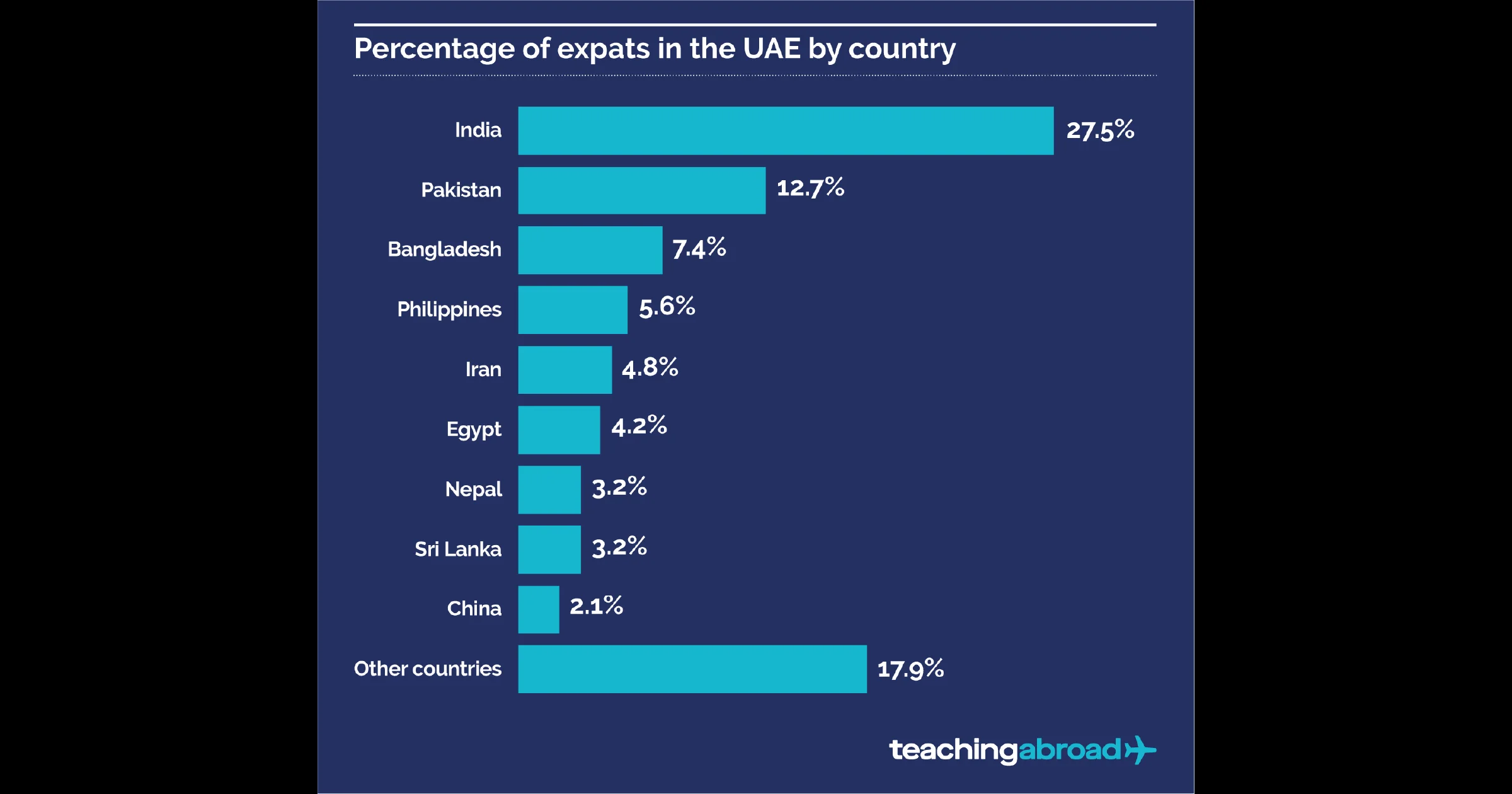
Key Languages Spoken in Dubai
- The most common languages in Dubai are Hindi and Urdu, with Indians forming the largest number of expats, followed by Pakistanis.
- Tagalog is also one of the popular languages spoken in Dubai, used mainly by the Filipino community.
- Malayalam, Bengali, and other South Asian languages are common among South Asian communities.
- With Iran forming 4.8% of the expat population in Dubai, you’re bound to hear some Persian words in Dubai.
- Mandarin Chinese is a language spoken in Dubai as well, mainly used by the Chinese expat community.
With all these languages existing in the business market, Dubai’s rich environment presents both challenges and opportunities for businesses.
Here is a list of perks and challenges your business needs to be aware of when entering Dubai’s market.
- Skilled workforce: Businesses have the chance to hire the best talents from across the world in various fields, ready to take on any challenges.
- Strategic location: Dubai’s strategic location and global connectivity make it easy for businesses to operate locally while staying connected to international markets.
- Competition: The city’s diverse business scene comes with the cost of strong competitiveness. The market is becoming saturated and requires that businesses make an effort to stand out.
- Cultural differences: Different cultural backgrounds can lead to challenges in communication. Entrepreneurs need to understand local customs and be prepared for the diverse cultural backgrounds of both employees and clients.
Understanding More about the Language and Culture in Dubai

Religious holidays play a significant role in Arab culture, so it’s important to consider these when scheduling business trips and meetings.
Midday prayer breaks are also common across the Middle East and should be respected.
The handshake culture in the region varies. It’s customary to wait for a woman to extend her hand first, as some may view it as impolite for a man to initiate the handshake due to conservative beliefs.
Making an effort to learn and use various languages shows respect and builds a strong rapport with both employees and clients in Dubai, fortifying your business in the market.
Localizing for the Dubai Market
- Importance of Language Selection
Arabic is essential for connecting with the local Emirati population, while English caters to the large expatriate and international community.
A bilingual approach, offering both Arabic and English, ensures broad accessibility and helps businesses resonate with a wide audience.
Additionally, for targeting specific expatriate groups, using languages like Hindi, Urdu, or Tagalog can enhance customer engagement.
- Arabic Translation and Localization
Your business will need to target Arabic translation and localization for all official documents, marketing materials, and website content.
- Multilingual Marketing Strategies
You’ll also need to release multilingual marketing campaigns to engage the diverse target audience in Dubai. Do your research to know your audience and which language you should speak in.
- Successful Localization Examples
Famous international brands like Uber and e& have successfully localized their products and services for the market in Dubai.
They have offered websites in Arabic and made sure that their products cater to the region.
In Uber’s case, they provide electric cars for an environmentally friendly option and they provide UberCHOPPER as well, which is a helicopter service that fits the luxurious life in Dubai.
For e&, a telecom company, they have provided diverse phone plans, with one specifically made for Emiratis. e& now ranks as number one in Forbes Middle East’s top 50 companies in the UAE.
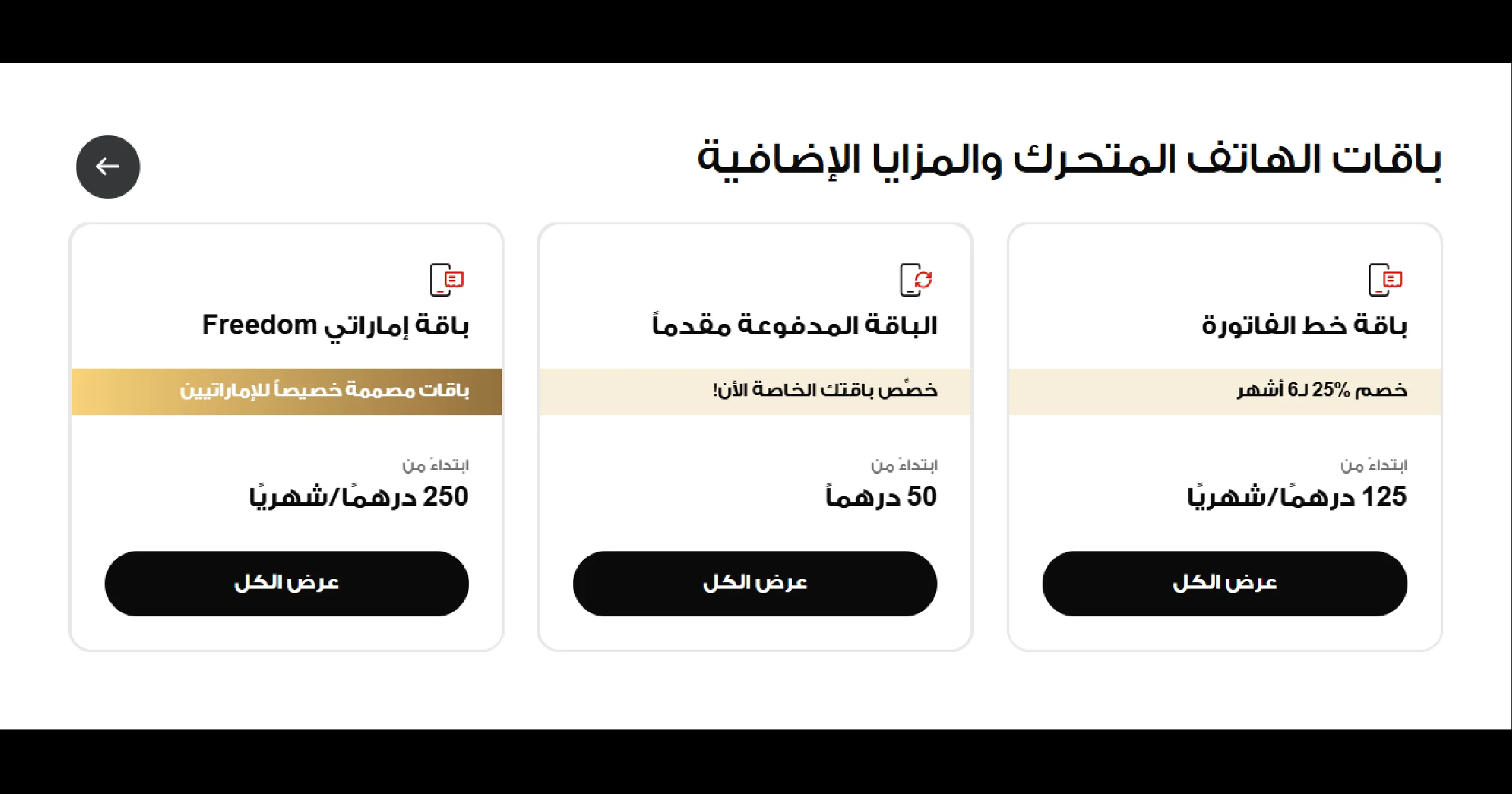
bayantech Can Help You Navigate Dubai’s Market
With an office in the heart of the United Arab Emirates, bayantech can help your business thrive in Dubai’s market. We offer professional translation and localization services in more than 120 languages.
No matter what language is spoken in Dubai, you’ll be able to navigate its diverse market with our language services.
Contact us to get your project translated right now!

